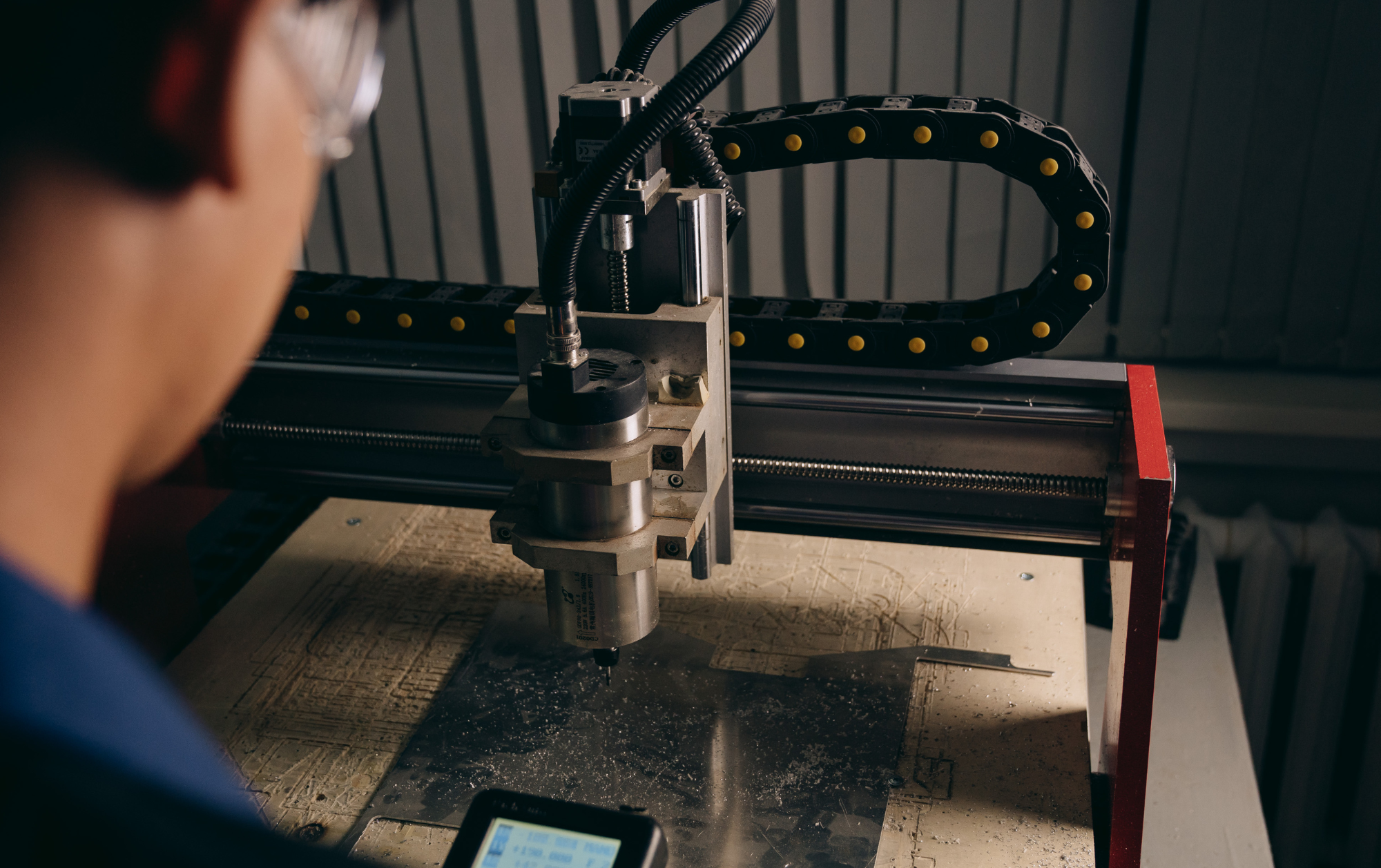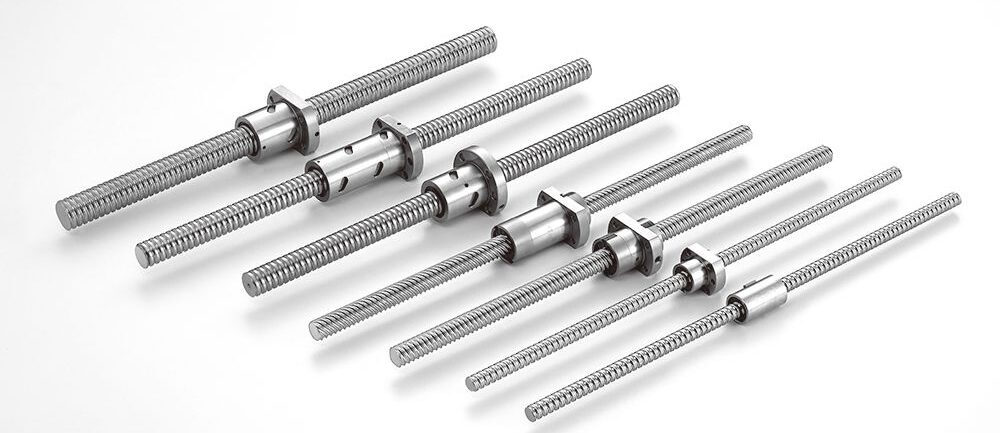
When designing a machine that demands precision linear motion, choosing the right ball screw is crucial. A properly selected ball screw not only improves accuracy and efficiency—it also extends the lifespan of your system.
At Accu Tech USA, we supply industry-proven ball screws from PMI and TBI, trusted manufacturers known for precision engineering, quality manufacturing, and reliability across industries. Below, we break down the key factors to consider when selecting a ball screw for your next project.
1. Know Your Load Requirements
The first step is understanding the load type and magnitude your application must support.
- Dynamic Loads: Continuous or changing forces during operation.
- Static Loads: Forces when the system is at rest.
PMI provides high-load ball screws with robust designs for demanding applications.
TBI specializes in screws that handle high thrust while maintaining smooth, efficient motion.
Tip: Consider both peak and average loading when sizing your screw—and don’t forget to apply a safety factor.
2. Match Accuracy Grade to Your Application
Accuracy grades determine how closely the ball screw maintains linear positioning over a given distance.
| Grade | Accuracy (mm/300mm) | Typical Uses |
| C3 | ±0.007 | CNC, robotics, medical equipment |
| C5 | ±0.018 | General automation, packaging |
| C7/C10 | ±0.050 or greater | Low-cost, low-precision systems |
Ground screws come in C3 and C5 grades for precision control and customization.
Rolled focuses on C5–C7 grades, offering a reliable middle ground between performance and cost.
Tip: Higher precision isn’t always better—select the grade that matches your actual needs to avoid overspending.
3. Consider Speed and Duty Cycle
Applications with frequent starts, stops, or high travel speeds require:
- High lead designs for fast movement per rotation
- Efficient ball return systems to reduce friction
- Stable thermal behavior to handle continuous duty cycles
PMI offers high-lead ball screws designed for rapid positioning.
TBI includes internal ball return paths for reduced noise and smoother motion.
Tip: Be sure to calculate the screw’s critical speed and dN value for long-term stability at high RPMs.

4. Choose the Right Nut Configuration
Your nut design affects preload, backlash, and mounting ease. Common types include:
- Flanged nuts: Easy to install, good for rigid setups
- Cylindrical nuts: Space-saving, ideal for compact designs
- Double nuts: For zero-backlash performance
Rolled and Ground nuts offer multiples a variety of flanges for ideal mounting. This includes options for preload to reduce backlash and high repeatability.
Tip: For high-precision or bidirectional applications, always consider a preloaded or double-nut assembly.
5. Account for the Operating Environment
Don’t overlook the conditions in which your machine will run. Things like moisture, dust, and temperature extremes can impact performance and service life.
Recommended features:
- Protective bellows or screw covers
- Corrosion-resistant coatings
- Sealed nut options for contamination control
PMI and TBI offer ball screws with environmental protection tailored for cleanrooms, factory floors, and outdoor environments.
Tip: If your application involves harsh conditions, talk to us about material coatings or custom sealing options.
Ready to Build Smarter?
Choosing the right ball screw doesn’t need to be complicated—but it does require technical insight and trusted partners.
At Accu Tech USA, we support your design process from start to finish with precision-engineered ball screws from PMI and TBI—whether you’re building a high-speed CNC, a robotic actuator, or a medical automation system.
Contact us today
to speak with a motion control specialist.
Browse our Ball Screw Selection to view detailed specs and models.
Request a Quote
for your next build—our experts here to help.
